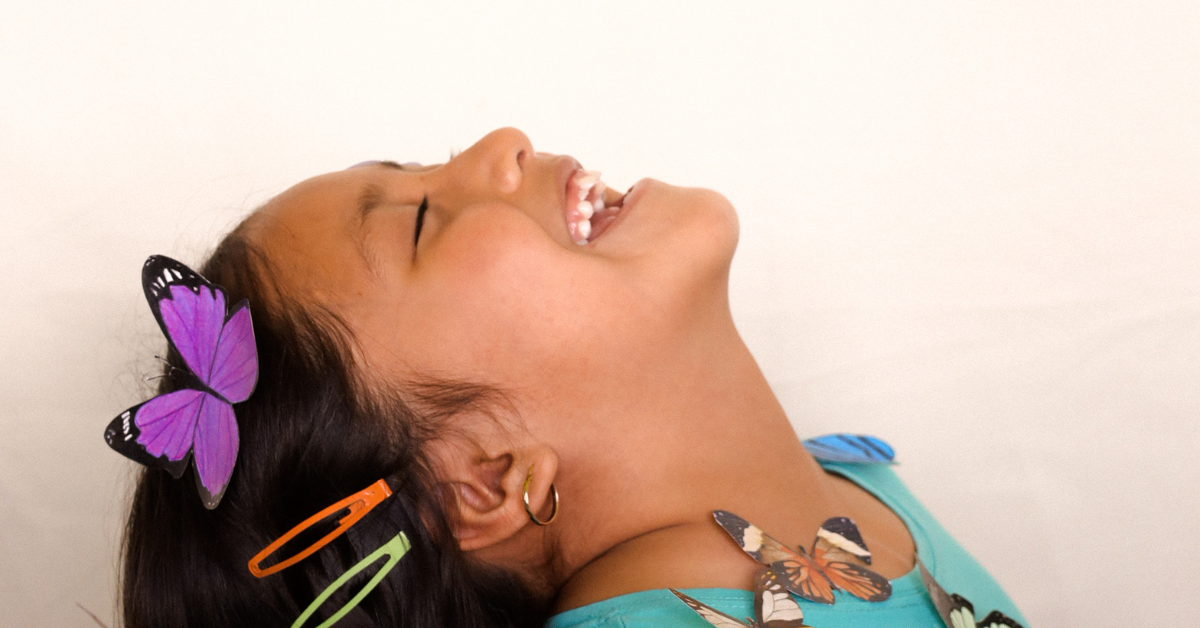OCD and LGBTQ+ Youth: What Families Should Know
By Mind Chicago co-owner and therapist, Dr. Lee Wells
When we talk with families at Mind Chicago, one of the things we hear often is how confusing OCD can be. It isn’t about being “extra neat” or “liking things just so.” OCD is a mental health condition that can feel relentless for kids and young adults—intrusive thoughts that won’t stop, compulsions that feel impossible to resist, and a cycle that leaves everyone feeling stuck.
And when we layer on the lived experiences of LGBTQ+ youth, the picture becomes even more complex. At Mind Chicago, we believe it’s important for parents to understand both the science and the lived realities behind OCD, so they can feel equipped to support their child with compassion and clarity.
The Science of OCD
OCD impacts about 1–3% of children and adolescents, most often showing up between ages 7 and 12. It’s marked by obsessions—unwanted, intrusive thoughts—and compulsions, which are the behaviors kids feel driven to do to relieve the anxiety. That might look like checking over and over, repeating certain actions, confessing “bad” thoughts, or needing constant reassurance.
For kids, OCD can feel overwhelming. It interrupts schoolwork, friendships, family life, and their sense of confidence. It can also show up with other conditions, like ADHD, tic disorders, anxiety, or depression. The good news is that treatment works. Cognitive-behavioral therapy (especially exposure and response prevention, or ERP) is the gold standard. Parent-based approaches, like SPACE, are also powerful tools that let families start making meaningful shifts right away.
Why LGBTQ+ Youth Face Extra Challenges
While research specifically on OCD in LGBTQ+ youth is still developing, we know a lot from broader studies on queer and trans young people’s mental health:
LGBTQ+ youth are more than twice as likely to experience anxiety and depression compared to their peers (Trevor Project, 2023).
The chronic stress of stigma, discrimination, and rejection—what’s known as minority stress—creates fertile ground for intrusive thoughts, doubt, and compulsive behaviors.
For transgender and nonbinary youth in particular, OCD can latch onto questions of identity and safety. An adolescent might obsess over whether they’re “allowed” to use their pronouns, or feel compelled to monitor how others respond to them.
When identity and OCD collide, symptoms can intensify. But here’s the hopeful part: affirmation is protective. Research shows that when queer and trans youth feel affirmed at home and in their communities, their risk of mental health struggles—including the weight of OCD—goes down. That means small, daily acts of affirmation (like respecting pronouns or standing up to bias) aren’t just kind—they’re powerful mental health interventions.
The Therapist Shortage Is Real
Even when parents recognize what's happening, finding treatment isn't always easy. Across the country, there simply aren't enough child and adolescent mental health providers—especially those trained in OCD-specific interventions like ERP. A survey of over 250 private practice therapists across the United States found that ERP was used just 30% of the time to treat children with OCD. In contrast, less evidence-based techniques like breathing retraining and muscle relaxation were used almost half of the time by these therapists.
For LGBTQ+ youth, the gap is even wider. A survey of 281 mental health professionals found that only 20% were exposed to relevant content in a graduate course, and 25% during clinical training. The most commonly available training opportunities were professional conferences (76%) and mentorship (41%).
This shortage means families often face long waitlists just to get started. This is one reason we believe so strongly in parent-focused programs like SPACE. Parents don't have to wait for the "perfect" therapist to begin helping. By reducing accommodations, learning how to respond differently to anxiety, and keeping their home affirming and safe, parents can create change right now.
Our Takeaway
Here’s what we know: OCD is real. It’s treatable. And for LGBTQ+ youth, care that affirms their identity is just as important as care that addresses symptoms. Families don’t need to have all the answers before they start making a difference.
At Mind Chicago, we celebrate the everyday ways parents step into this work—whether that’s respecting pronouns, exploring SPACE, or simply saying to their child: “I see you. I believe in you. And we’ll figure this out together.”
Because hope isn’t found in waiting for the right provider or the perfect moment. It’s found in small steps, taken side by side.

